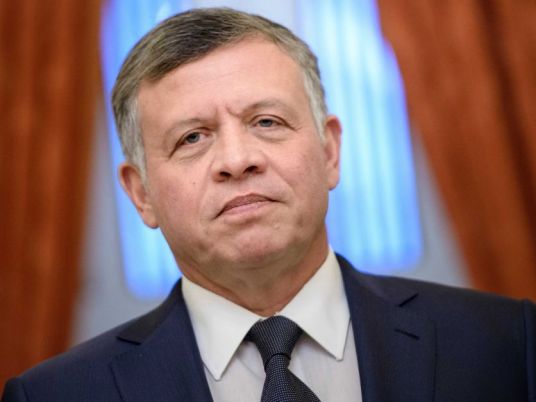
Prime Minister Benjamin Netanyahu's re-election last week has prompted alarmed chatter in the cafes of Tel Aviv and on talk shows about the risk of Israel losing the support of its closest allies and being left isolated in the world.
It is clear Netanyahu still has fences to mend with President Barack Obama, despite rowing back from his rejection of a two-state solution with the Palestinians, which prompted new calls for sanctions from campaign group BDS.
But fears in Israel that another Netanyahu government, this one more right-wing than the last, will lead the country towards isolation appear to be running ahead of reality.
While the United States talks about a "reassessment" of its ties with Israel, it has so far put little flesh on the bones of the suggestion, instead wielding it as a stern verbal warning to Netanyahu not to push the situation too far.
On defence and security, the White House has made clear there will be no change in policy, and Israel's director of military intelligence recently returned from a working visit to Washington saying there was no cause for concern.
Foreign investment flows, which normally react to the possibility of a country being sanctioned or isolated, show no signs of declining: they have risen steadily over the past four months and hit $710 million in January alone.
Figures for March – taking into account any impact from the election – are not released until early May, but the clear trend is upwards. The Tel Aviv stock exchange has gained more than 2 percent since the election and the shekel is steady against the dollar. Moody's is positive.
The biggest concern for Israel is likely to come from its largest trading partner, the European Union, which has repeatedly criticised Israel for its settlements policy in the past and taken steps to restrict loans to research institutes that have operations in the occupied West Bank.
While there is the prospect of further measures along those lines, including EU-wide labelling of Israeli goods produced in settlements, they have long been in the works.
It is not a step that would be taken in reaction to a right-wing prime minister being re-elected, EU diplomats said.
"There will be noise and perhaps some attempts, but nothing real will come of it," said one.
Even if a number of EU member states were determined to turn up the heat, anything approaching sanctions would require unanimous agreement among all 28 countries. Israel has several strong EU defenders who would stand in the way of that, including Germany, the Czech Republic and probably Britain.
ATTACKS ON THE LEFT
That is not to say, however, that all is plain sailing for Netanyahu, 65, as he prepares for a fourth term in office.
He is locked in an uphill battle to convince the United States that the emerging deal with Iran on its nuclear programme is a bad one. His campaign rhetoric, and his partisan speech to the U.S. Congress on the issue two weeks before the election, has done little to win him allies in that fight.
Regionally, too, his anti-Arab comments on election day – accusing left-wing NGOs of busing Arab-Israelis to the polls "in droves" to vote against him – has not enhanced his standing with neighbourhood allies such as Saudi Arabia, Jordan and Egypt.
But perhaps the biggest problem Netanyahu faces is stitching back together a deeply divided country, where tensions between left and right have spilled over into abuse since the vote.
His attack on the Arab community left the 20-percent minority angry and feeling isolated and prompted stern words from President Reuven Rivlin.
"People should be careful about what they say, especially people in high places whose words are heard by the whole world," he said. "We must never forget it is also a democratic state."
On Saturday, a well-known Israeli author and songwriter was punched at his own home by an unidentified man who called him a "lefty", "murderer" and "traitor". Ahinoam Nini, a pro-left singer better known as Noa, said she was verbally assaulted at Tel Aviv airport by two men who called her an "enemy of Israel" and threatened the same treatment as the author.
While Netanyahu won a clear victory, he achieved it with just 23 percent of the popular vote. His emerging right-wing coalition will probably have a sizeable majority, but he will have to work hard to ensure the whole country feels represented.




